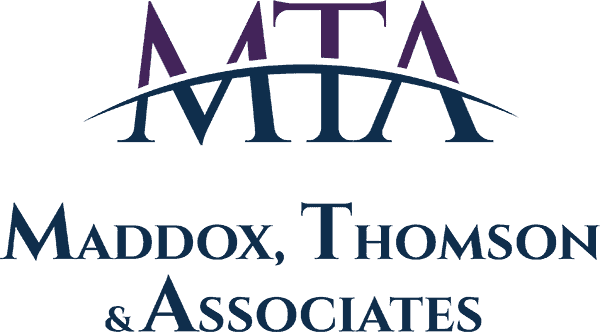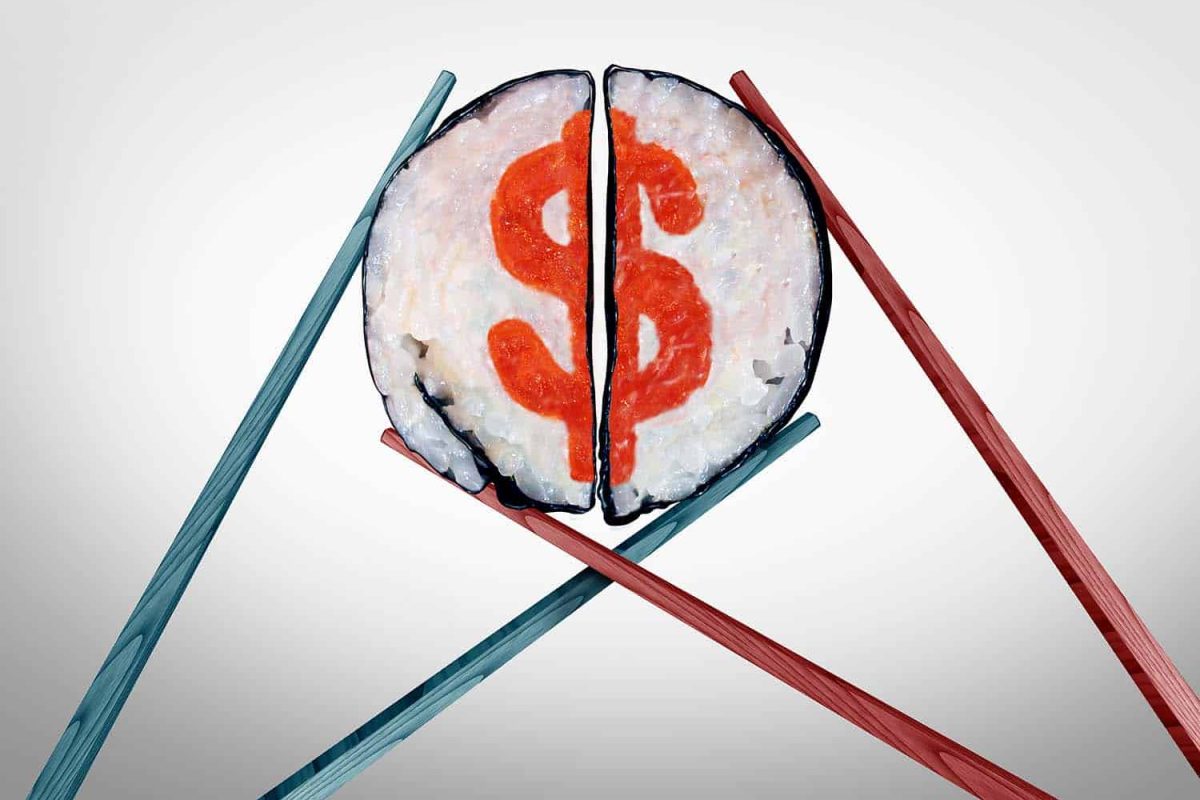In 2017, the Tax Cuts and Jobs Act (TCJA) eliminated the deduction for entertainment, amusement, or recreation expenses and instituted new limitations on the deduction for food and beverage expenses, leaving many taxpayers and tax professionals unsure as to the effect on small businesses across the country. Clarity came last week, on September 30th, when the IRS issued final regulations on the TCJA with regards to the deductibility of meals and entertainment.
The new regulations provide guidance on how to determine whether an activity is considered entertainment, address the disallowance of the deduction for expenditures related to entertainment, amusement or recreation activities, and outline the applicability of certain exceptions to this disallowance. Below is a comprehensive summary of the major changes:
- The regulations confirm that “entertainment” does not include food or beverages unless they are provided at or during an entertainment activity and their costs are included in the entertainment costs.
- The final regulations adopt the definition of “business associate” to include employees with regards to food and beverages provided during or at an entertainment activity if purchased separately or the cost is separately stated. Thus, these requirements would apply to employer-provided meals to employees as well as non-employees.
- “The food or beverages are provided to the taxpayer or a business associate” – By removing the phrase “to another person or persons” at the beginning of the final regulations and adding the phrase “to the taxpayer,” the final regulations emphasize that the taxpayer can receive a food and beverage expense deduction for food or beverages that the taxpayer provides to him or herself.
- Separate charges for entertainment-related food and beverages must reflect their actual cost, including delivery fees, tips, and sales tax.
- Food or beverage expenses for employer-provided meals at an eating facility do not include expenses for the operation of the facility.
- The final regulations allow a taxpayer to apply Code Sec. 274(e)(2) and Code Sec. 274(e)(9) in cases where the taxpayer includes an improper amount in compensation and wages, or gross income, of the recipient. However, if a taxpayer includes less than the proper amount in compensation and wages or gross income, the final regulations provide that the taxpayer may deduct meal expenses to the extent that the expenses do not exceed the amount of the expenses that are treated as compensation and wages, or gross income, as applicable.
We hope this important update has proven helpful. For further details, read the final regulations in full here. Should you wish to discuss these matters at further length, please feel free to reach out to the Maddox Thomson team. We are here as a resource to help you navigate your small business thorough this particularly challenging time.












